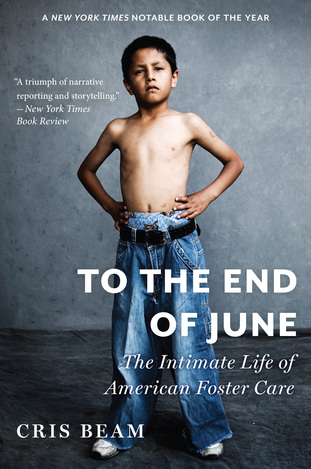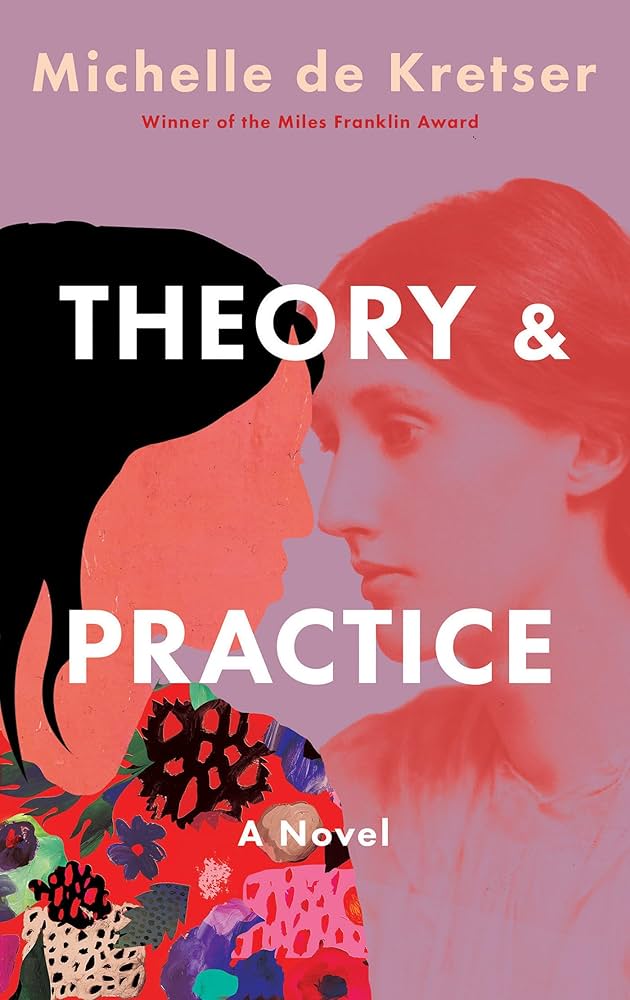This month’s recommendations from The Common’s contributors and staff deal with the intersection of old and new, ancient and modern, on every level—personal, religious, political, even supernatural. Perhaps in the spirit of the season, we seem preoccupied by stories of intergenerational strife, love, and ambition. In their urgent focus on belief and truth-seeking, these books represent a literature of searching, a catalogue of quests across time and around the world.
Recommended:
To the End of June by Cris Beam, The Harafish by Naguib Mahfouz, We Others by Steven Millhauser, Hum by Jamaal May, High as the Horses’ Bridles by Scott Cheshire.
To the End of June: The Intimate Life of American Foster Care by Cris Beam
*Recommended by Sarah Smarsh (Nonfiction Contributor, Issue 08):
Readers of certain means struggle with a 21st-Century sense of being post-place—relocating for jobs, traveling the globe, transcending geographical borders through Web communications. To the End of June, human stories from the broken, convoluted American foster-care system, reveals an experience that is pre-place: For foster children, born mostly into the economic instability of poverty and the emotional torture of unattached, ill-equipped parents, there never really was a home to leave. To illuminate an underreported bureaucracy, author Cris Beam—whose own experience as both foster child and foster mother lends perspective without obscuring others—spent five years with New York teenagers whose fates hinge less on whether a house has space than on whether a human being cares.
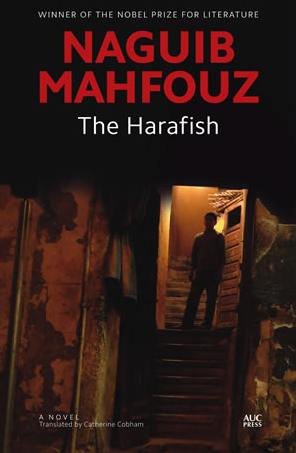 The Harafish by Naguib Mahfouz
The Harafish by Naguib Mahfouz
*Recommended by Ian Bassingthwaighte (Fiction Contributor, Issue 08):
Perhaps Naguib Mahfouz’s greatest novel, The Harafish is a ten-tale epic about the rise and fall, and eventual redemption, of the al-Nagi family. Prostitutes are married, murders are committed, and fortunes are squandered in pursuit of greatness as the descendants of Ashur—whose leadership becomes legend—stray from his precedent. A modern Egyptian myth or allegory, set implicitly in a bygone Cairo, The Harafish is a beautifully wild ride spanning generations, and rewards readers with a view of Egypt not seen through the lens of ancient history or modern politics.
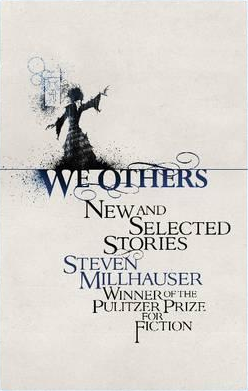 We Others by Steven Millhauser
We Others by Steven Millhauser
*Recommended by Steven Tagle (Publicity & Special Events Coordinator):
We Others, the new and selected stories of Steven Millhauser, is a collection by my favorite fabulist. Millhauser writes about ghosts, automatons, magicians, and flying carpets with psychological acuity and wonder. He is an incredible writer of desire, charting its development from passing curiosity to full-blown obsession. His stories about inventors and craftsmen provide intimate reflections about the creation and ambition of art.
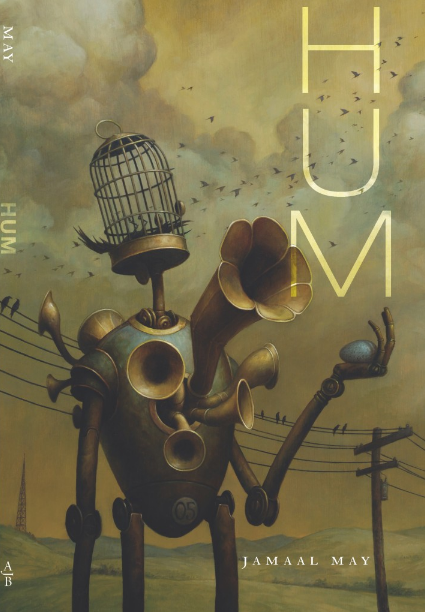 Hum by Jamaal May
Hum by Jamaal May
*Recommended by Maceo J. Whitaker (Poetry Contributor, Issue 08):
In Jamaal May’s Hum, pigeons, frogs, needles, and guns populate the harrowing landscape. Metal and steel mingle with bone and stone. May’s lines pop. The urgency of this debut collection is only matched by its beauty. I find myself returning to these poems over and over, finding something new with each read.
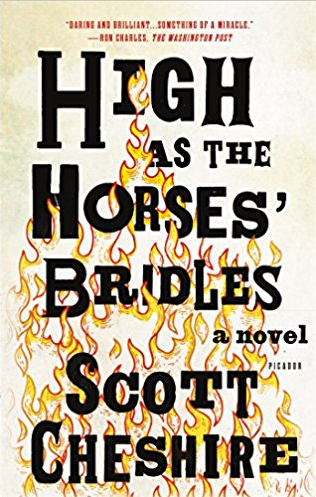 High as the Horses’ Bridles by Scott Cheshire
High as the Horses’ Bridles by Scott Cheshire
*Recommended by Jennifer Acker (Editor in Chief):
This debut novel opens with a soaring scene focused on an unnervingly talented child preacher, then follows the adult this child has become after he’s lost the wife he loves and struggles to care for and reconnect with his devout—or possibly mad?—father in his childhood neighborhood in Queens, New York. The beautifully drawn narrator is ripped apart by crises of faith both religious and familial that couldn’t be better interwoven. Even firmly atheist readers like this one can’t help but be gripped by the story and the narrator’s reengagement with his dad and their collective past. Cheshire’s prose is rollicking, astute, and fervently persuasive.
